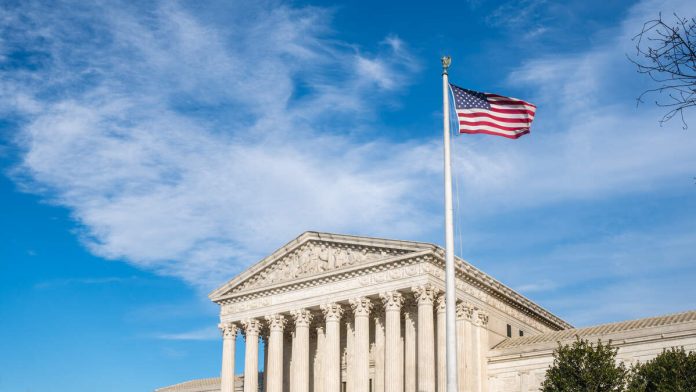The United States Supreme Court released one of its most anticipated rulings on Monday (July 1) regarding whether former presidents are immune from prosecution for actions taken during their term in office.
In a 6-3 decision along partisan lines, the High Court determined that former presidents are immune to prosecution for their official actions but not their private conduct.
“We conclude that under our constitutional structure of separated powers, the nature of presidential power requires that a former president have some immunity from criminal prosecution for official acts during his tenure in office,” Chief Justice John Roberts wrote. “At least with respect to the president’s exercise of his core constitutional powers, this immunity must be absolute.”
“The President enjoys no immunity for his unofficial acts, and not everything the President does is official. The President is not above the law,” Roberts added. “But Congress may not criminalize the President’s conduct in carrying out the responsibilities of the Executive Branch under the Constitution.”
However, the Justices did not determine whether Trump’s conduct in the final months of his presidency was official or unofficial. Roberts noted the lack of a “factual analysis” in the previous ruling that rejected Trump’s immunity claims.
“We accordingly remand to the District Court to determine in the first instance — with the benefit of briefing we lack — whether Trump’s conduct in this area qualifies as official or unofficial,” Roberts wrote.
The ruling puts a wrench in the federal election subversion case against former President Donald Trump. He is facing federal and state charges related to his efforts to overturn the results of the 2020 presidential election.

Recent Comments